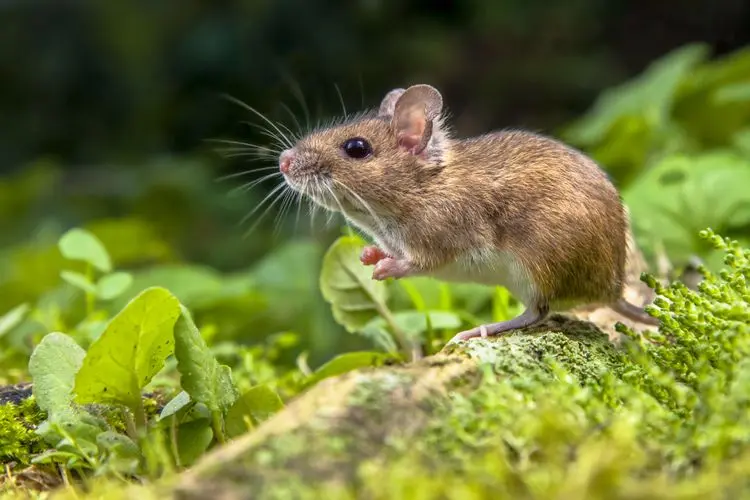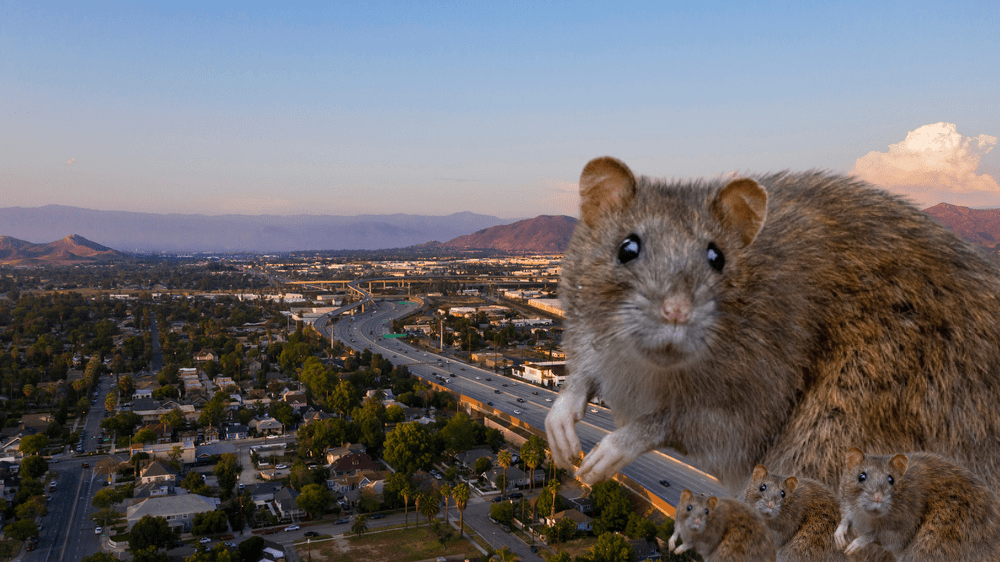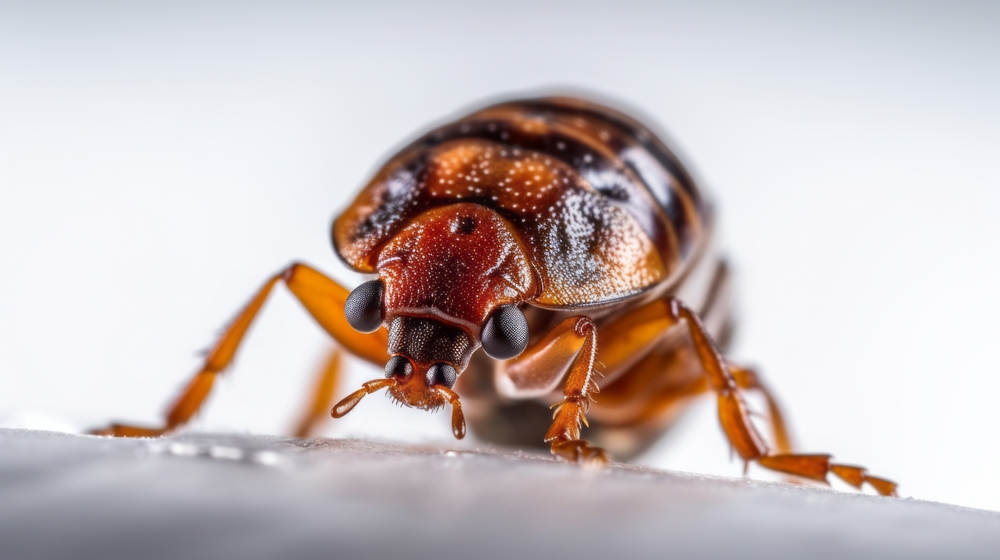Field Mice
"*" indicates required fields
Treatments for this pest are included in these services:
Finding an infestation of any kind in your home can be unsettling but especially if the pest wreaks havoc by chewing on wiring, steals your food, and leaves droppings all over your house, all consequences of having mice inside your house.
While field mice typically will stay away from your home, they may make their way inside during the winter months in search of someplace warm to burrow as temperatures drop. Not only will they eat through insulation, but they can also attract insects with their tireless efforts to hoard food.
Suspect you may be dealing with a field mouse infestation? PURCOR™ has your back with residential pest control services, lawn care services, and crawlspace services to send mice packing. Request a free estimate today.
What do field mice look like?
From nose to tail, an adult field mouse grows to between 5 and 8 inches in length. Their fur features multiple colors with a dark brown or gray back and white underbelly with lighter-colored or white feet. A field mouse’s tail is short, about the same length as its body. You can also identify a field mouse by its large dark eyes and thin, prominent ears.
If you’re not sure whether you’re dealing with field mice or house mice, there are a few distinct differences that may help:
- Body: A house mouse’s body is about 2.5 to 3 inches long while field mice are a bit bigger with a body length of 3 to 4 inches long.
- Fur: House mice have light brown or gray coats that are a single color while field mice have a dark brown or gray back and white underbelly.
- Tail: House mice have fur on their tails while field mice have short tails with no fur.
If you find a mouse near your home or hiding inside, you’re likely dealing with a house mouse. These types of mice are more likely to be found in urban areas and like to explore new territory. Field mice are much less social, creating a nest out of your way in hollow trees or underground when temperatures begin to drop.
What does a field mouse nest look like?
Field mice like to burrow year-round, frequently digging into existing structures such as tree stumps and under decks or porches. When building nests inside these burrows, field mice search for materials and end up creating nests that look like clumps of grass, paper, fabric, insulation, and dust.
If field mice do make their way into your home, it will likely be during winter as they’re scavenging nest-building materials and searching for somewhere to stay warm. While burrowing, they may find a crack in your foundation and if that crack leads to warmth, they’ll happily follow it inside. Infestations usually start in the basement of your home but can also be found in crawlspaces and in your attic if they make their way in through your roof or vent system.
If you believe you may be dealing with an infestation, PURCOR™’s crawlspace cleanup, insulation, and repair may be just the service you’re looking for.
Control and Prevent Field Mice with PURCOR™
If you hear scratching in your walls or catch a small rodent skittering across your basement floor, it’s time to give PURCOR™ a call. Our comprehensive pest control solutions will identify problem areas, create a barrier between pests and your home, and use Integrated Pest Management (IPM) methods to target your specific pest problem.
At PURCOR™, our knowledgeable pest control specialists are equipped to protect you, your family, and your pets from unwelcome pests. We provide high-quality protection with minimal disruption to your daily life. Contact PURCOR™ today for a free estimate and schedule your inspection today!



